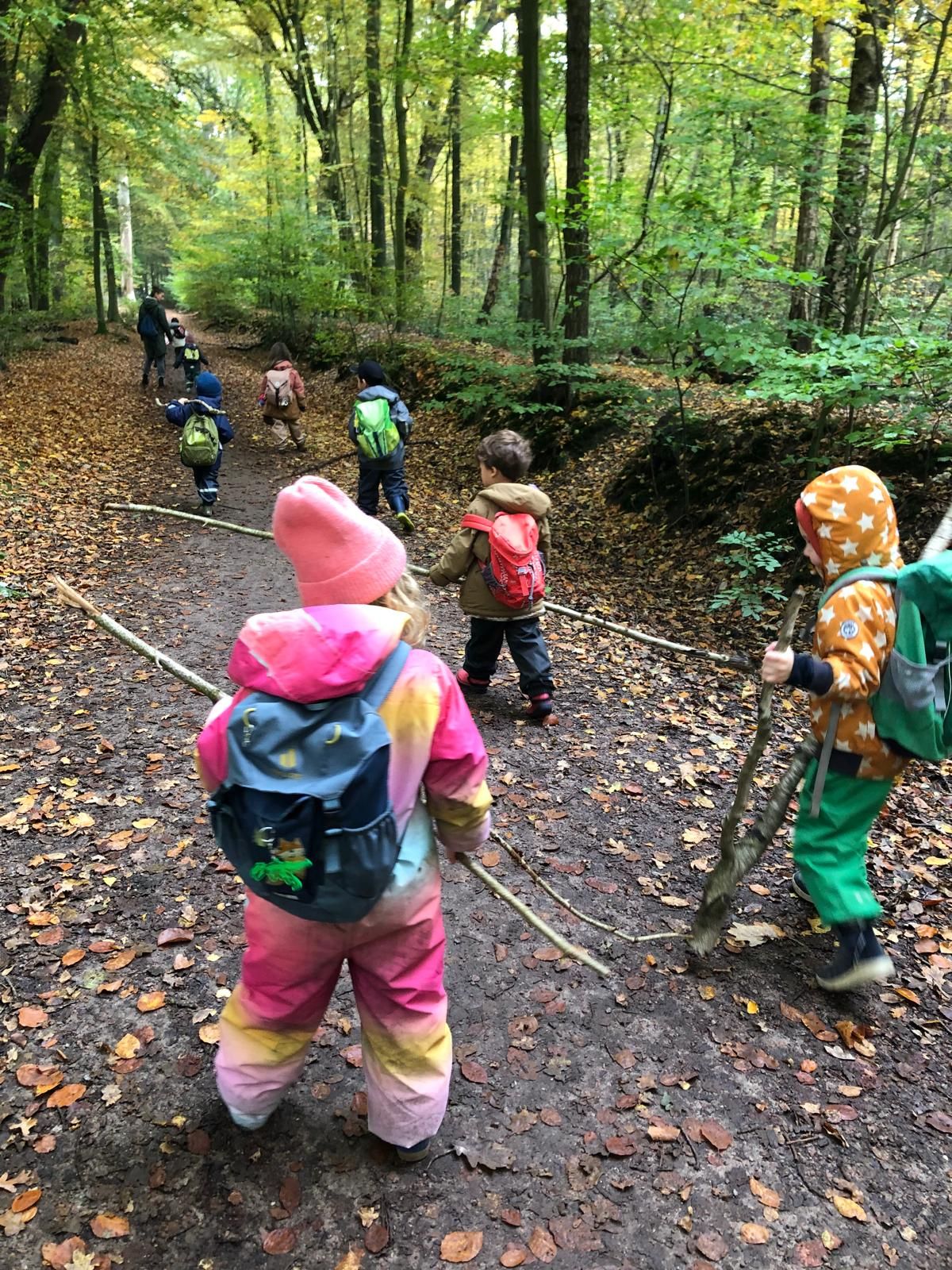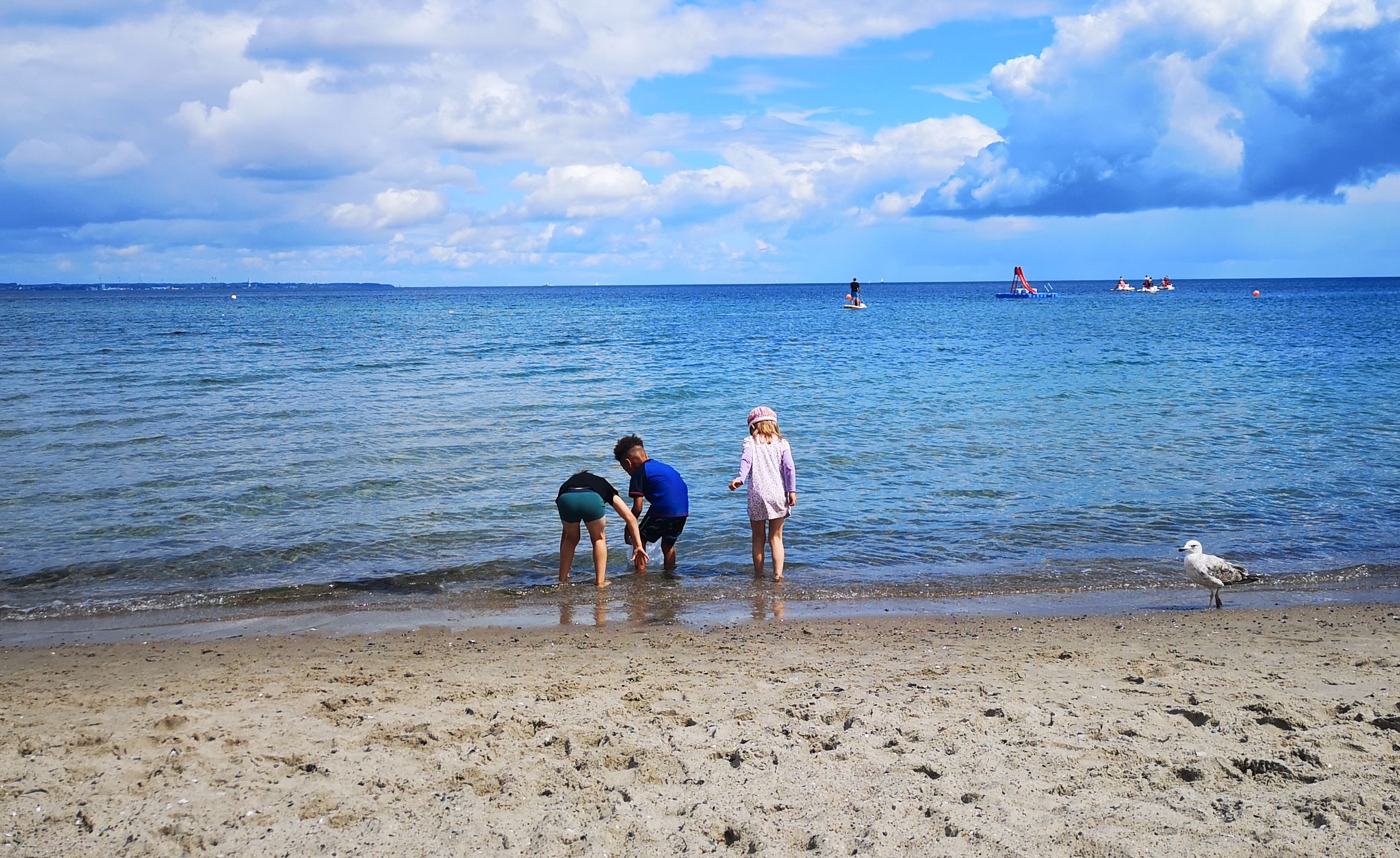Pre-School

Our educational approach is designed to accompany children qualitatively from the very beginning until school entry. In this way, we support the child’s development in terms of school readiness.
Our children enjoy the familiar environment of a daycare while simultaneously benefiting from targeted pre-school support. Thus, we combine the best of both worlds for our pre-school researchers and create an ideal transition into the next phase of life – school.
Our pre-school group consists of between 5 and 7 children. This enables us to focus intensively on each individual child. For us, pre-school is not about teaching children to read, write, and do arithmetic—that should be reserved for school. Instead, it is about learning to set aside one’s own needs in favor of a given task. In this way, the children in the “researcher group” curiously embark on an exploration journey into their own world. Along the way, they are supported, valued, and encouraged to embrace new experiences and to express themselves freely.
Our Educational Guidelines

- Emotional Development and Social Learning: Emotional competence means being aware of one’s own feelings, expressing them, and allowing them, as well as perceiving the feelings of others.
- Body – Movement – Health: Movement is the gateway to learning and plays a key role in conjunction with perception. Children want to actively explore the world, get to know their own bodies, and test themselves.
- Language, Communication, and Speech: Both verbal and non-verbal languages are tools for social interaction, allowing one to express oneself and communicate. In their societal significance, we actively support our children in the diversity of languages and in countering their devaluation.
- Practical Life Skills: Doing something without assistance is a special developmental incentive for children and boosts self-esteem. This is also an important motivation to learn and acquire further skills.
- Fundamental Mathematical Understanding: In our daycare, it isn’t about teaching children to count. Instead, they learn to grasp and compare quantities, recognize spatial relationships and concepts such as big–small, up–down, highest point–lowest point—that is, to discover and understand mathematical orders and structures.
- Aesthetic Education: Aesthetics encompasses all sensory perception and feeling, which helps in discovering, understanding, and shaping the world. We provide all our children with sensory-stimulating materials that are freely accessible, as well as programs such as painting, theater, and dance (see Offers). Our work is based on Reggio pedagogy (see Concept).
